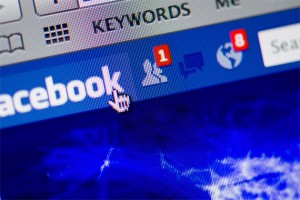Workers who are encouraged to tweet, chat, like and Skype on the job are among the most productive, new academic research says, shooting yet another hole in the managerial argument that social media in the workplace leads to goofing off and slacking on company time.
Far from being a distraction, common social media tools such as Facebook (FB), Twitter, and LinkedIn (LNKD), plus Skype (MSFT) to chat, enable employees to answer more customer queries, and more quickly, says Joe Nandhakumar, professor of information systems at the Warwick Business School in the United Kingdom. He and his research team attribute this productivity boost to something Nandhakumar calls the “theory of virtual co-presence” — the ability to collaborate with others over long distances in relatively short, productive sessions to resolve problems or accomplish tasks.
Plenty of surveys and studies have looked at the benefits of granting employees unfettered social media access in the workplace, often focusing on increased collaboration among co-workers and, at the very least, keeping companies digitally savvy enough to compete for young talent. The Warwick Business School study is unique: Over more than two years, it followed the way a company’s policy to encourage social media usage among its employees led to increased customer interaction and, eventually, higher productivity.
Nandhakumar and his team studied a large European telecommunications company that used Skype, Facebook, and Twitter, among others, alongside SAP’s (SAP) enterprise software to communicate with existing and prospective customers on various tasks: pitching products, closing sales, answering customers’ questions. In most cases, the social media-enabled workforce was able to accomplish more sales- and customer-relations-related tasks and did so more quickly, the researchers observed.
Nandhakumar does acknowledge corporate resistance to social media adoption — one of the most common reasons for outlawing, say, Facebook or Twitter from the workplace is concern that the social networks represent potential security breaches and could be vulnerable to hack attacks.
“Ubiquitous digital connectivity should be seen not as an unwelcome interruption, but as part of the changing nature of knowledge work itself that needs to become part of normal, everyday practices of contemporary organizations,” Nandhakumar says.





